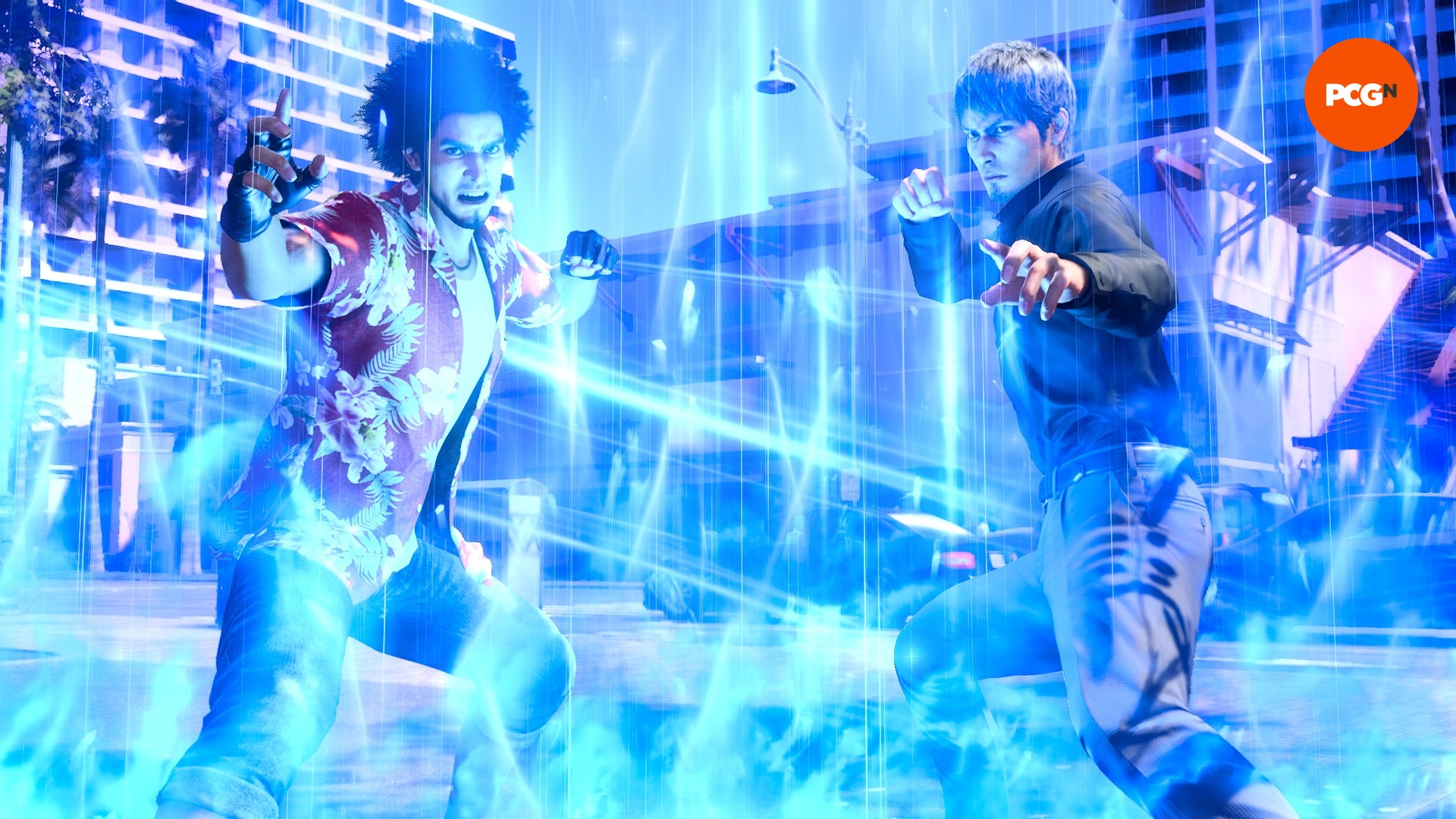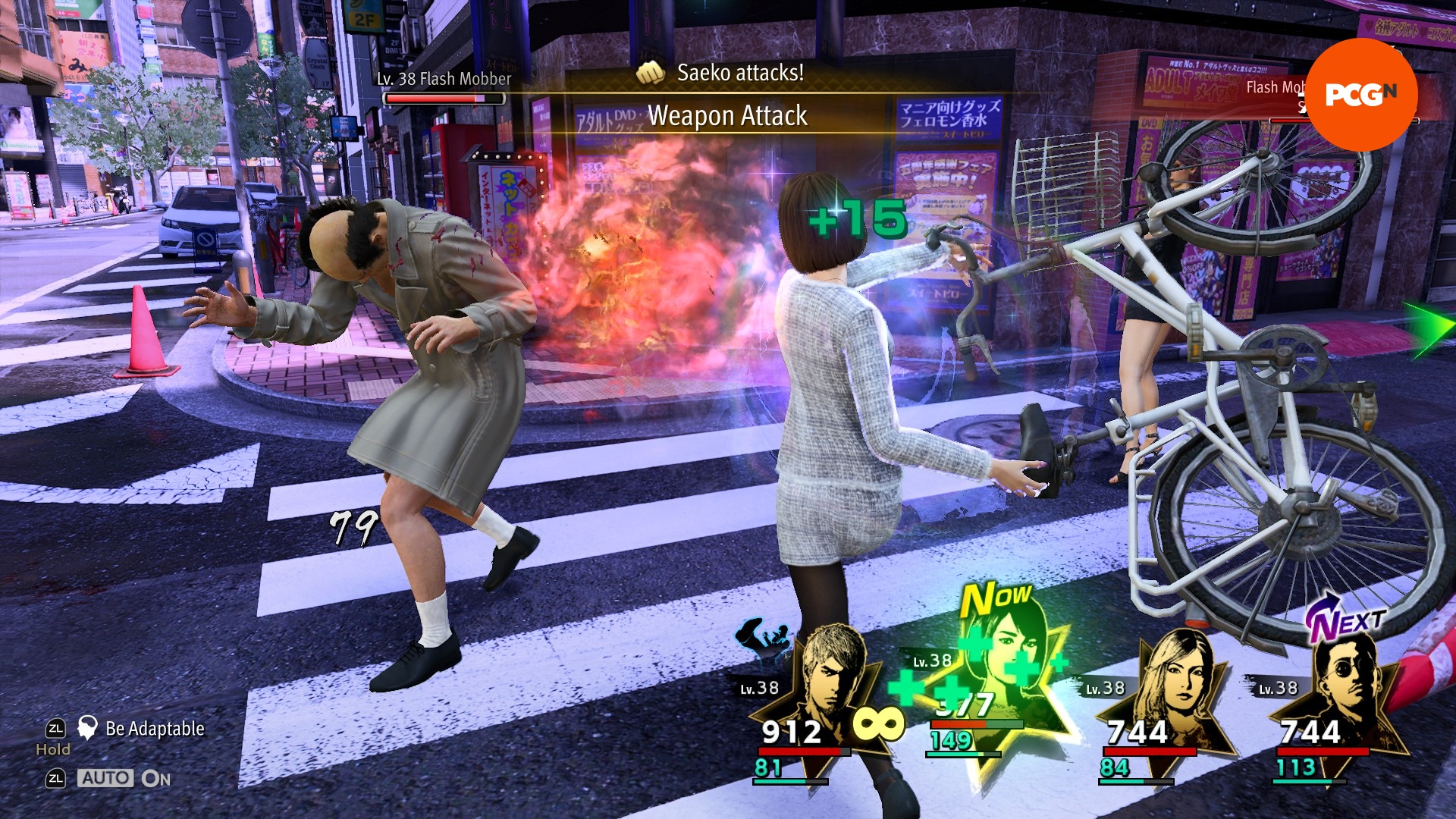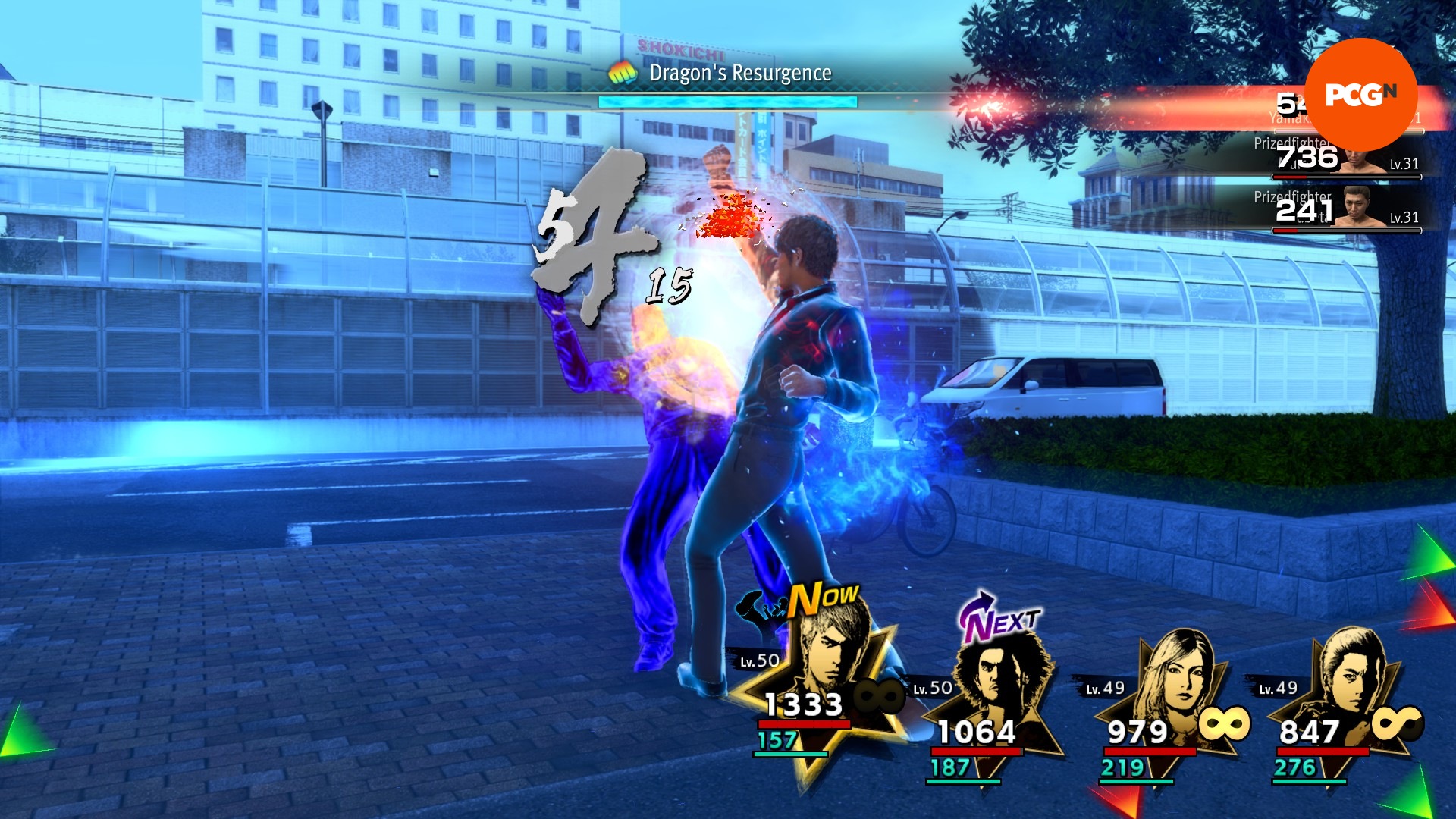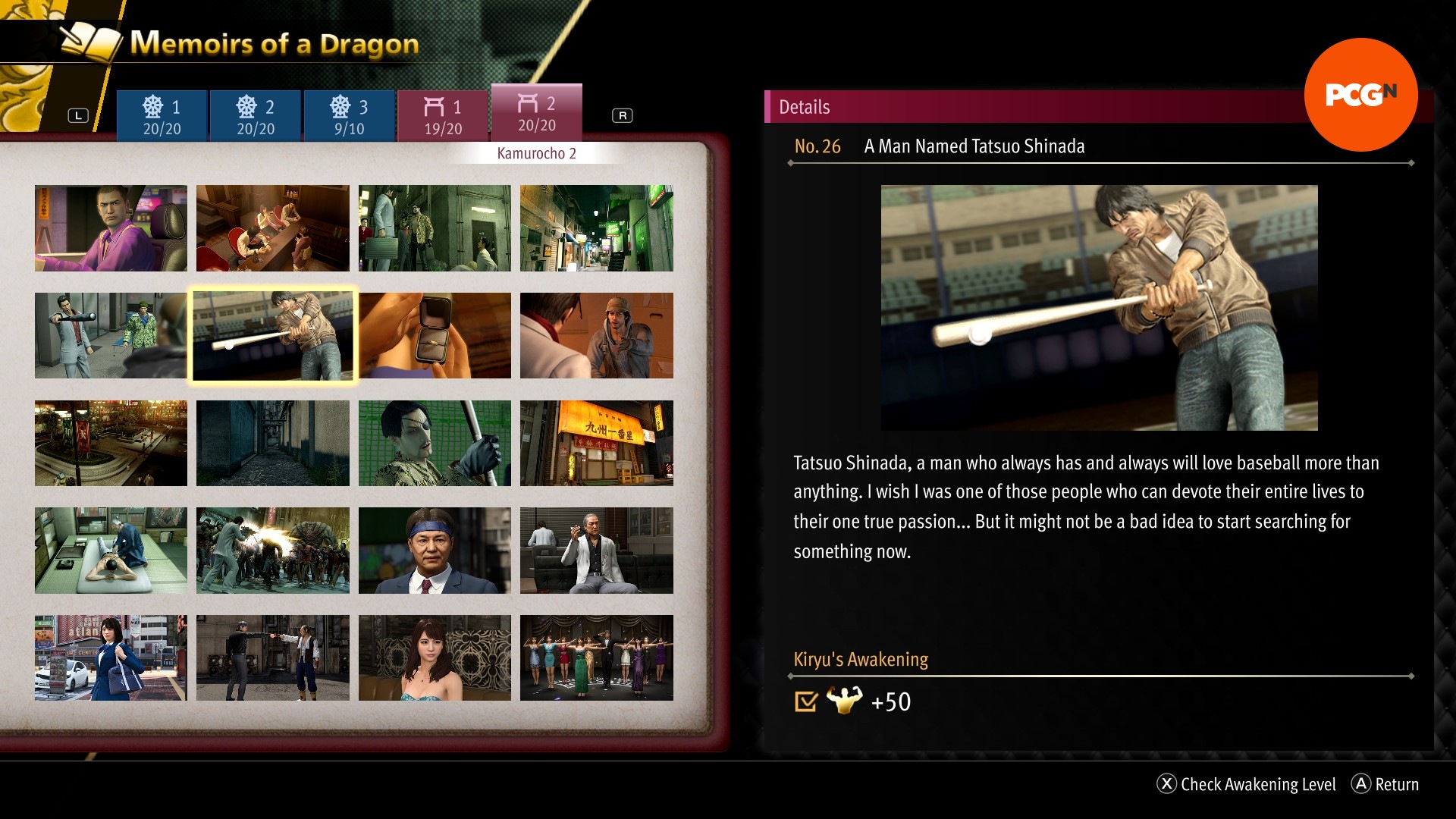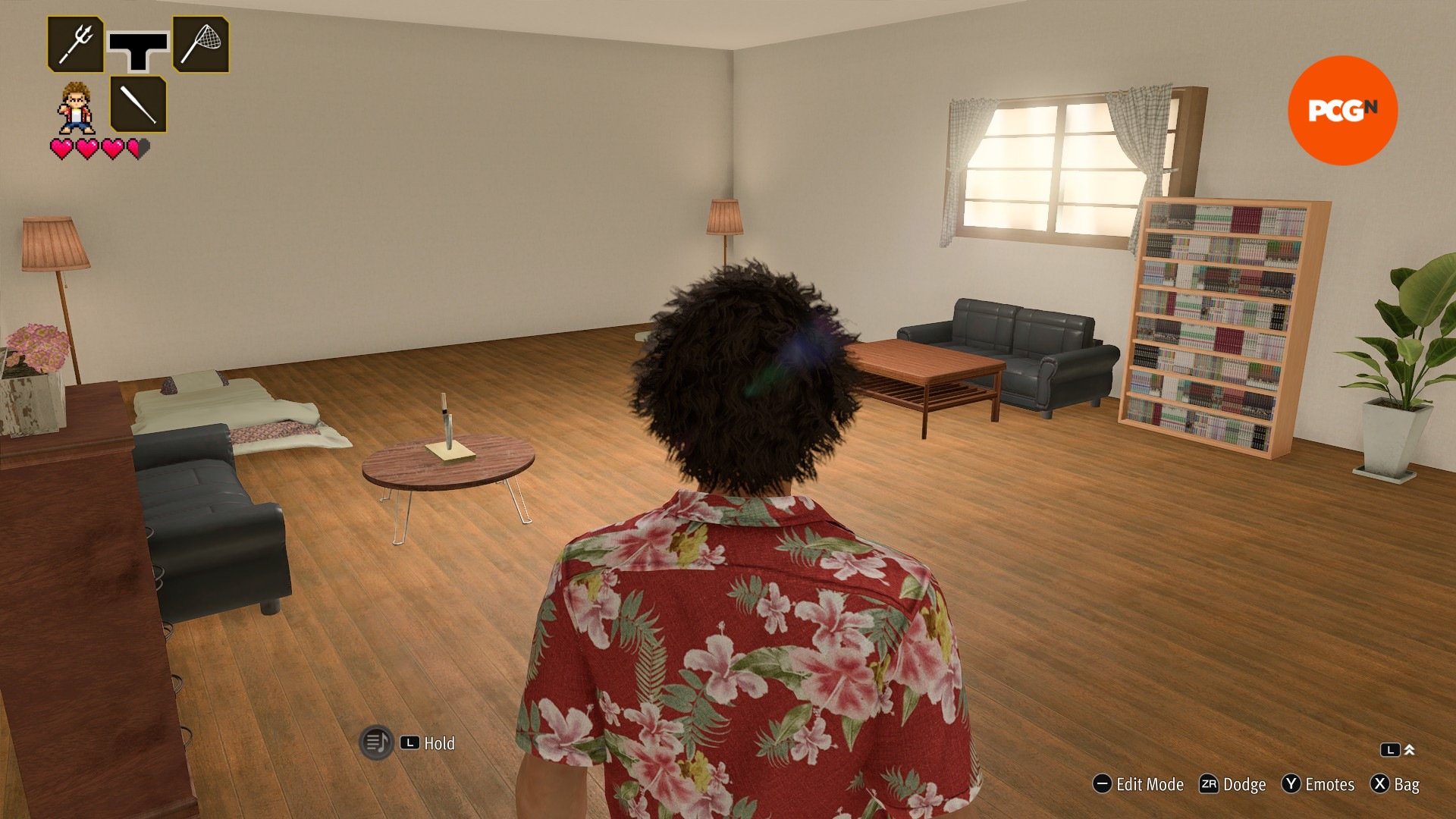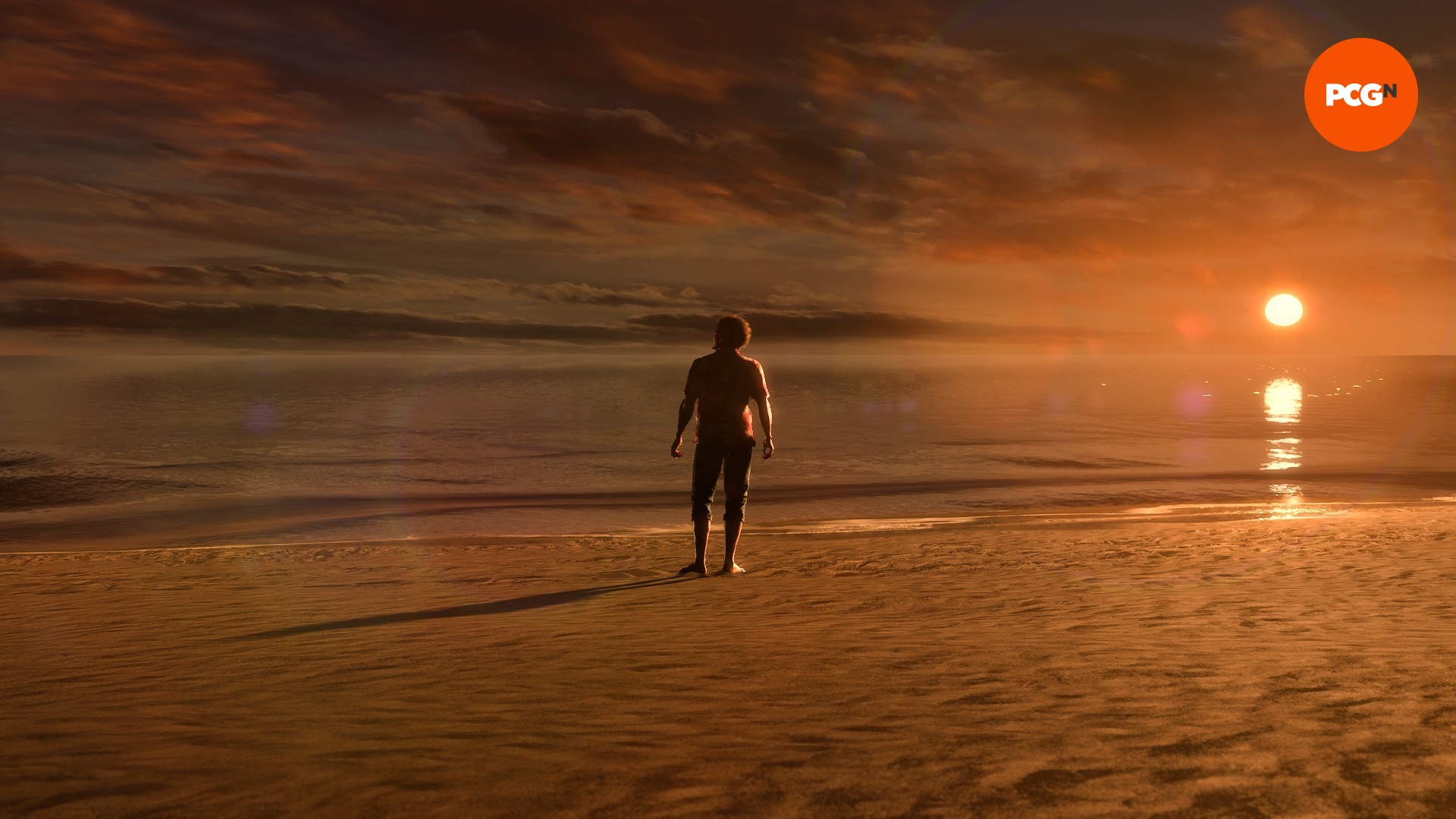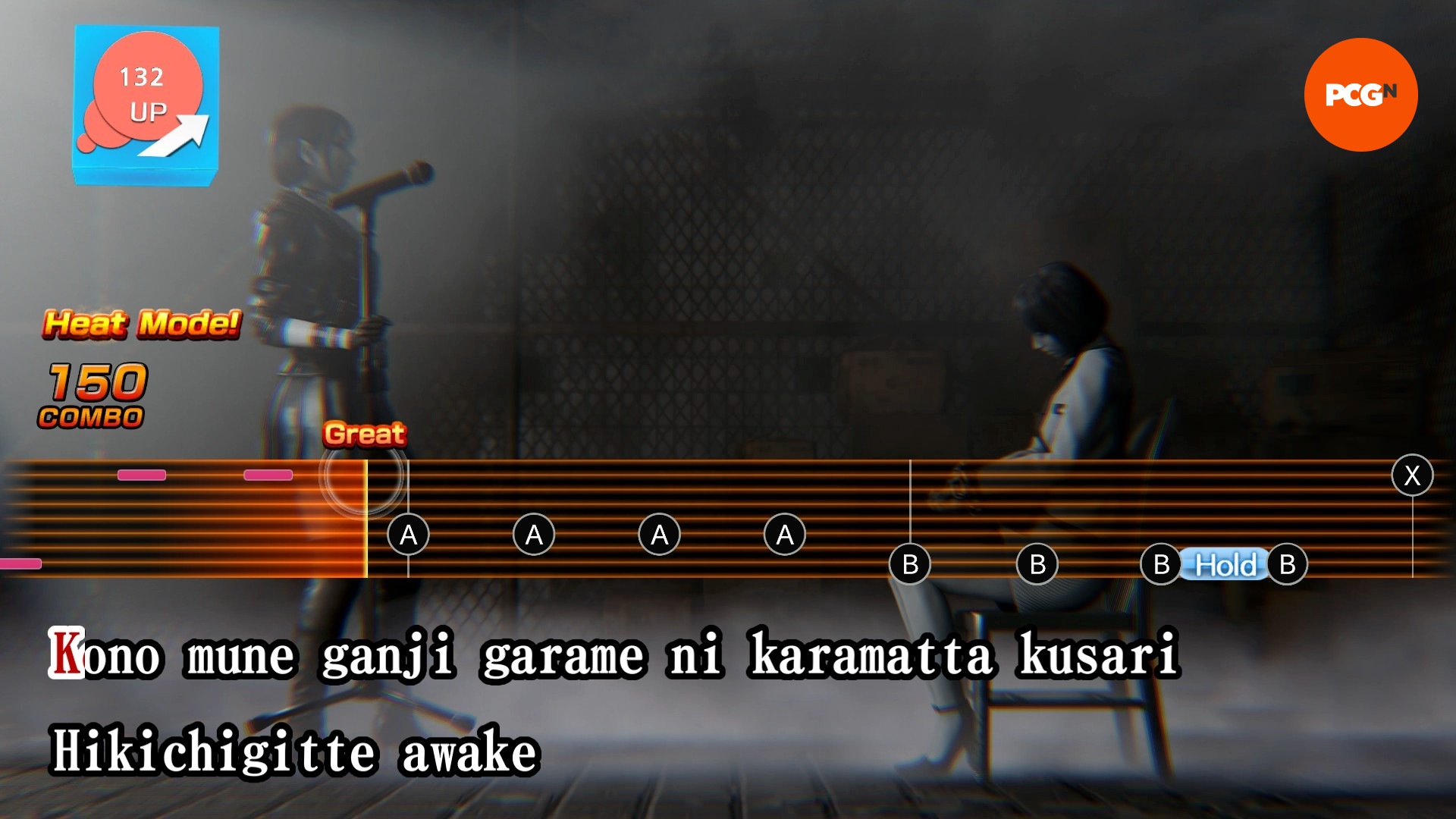Our Verdict
Like a Dragon: Infinite Wealth is the end result of two decades of iteration from Ryu Ga Gotoku and the studio's best game yet. Sprawling but never bloated, it remains captivating from beginning to end across both its main narrative and bountiful side adventures, almost never missing a beat.
Yakuza: Like a Dragon was, in many ways, a risk. A brand-new protagonist, the charming and lighthearted Ichiban Kasuga, replaced the legendary Kazuma Kiryu, while the series’ long-iterated action-brawler combat was switched out for an experimental turn-based RPG system. Despite these risks, it went on to become one of the most critically and commercially successful entries in the series to date. As a sequel to both LaD’s rebirth and Kiryu’s final solo game, Like a Dragon Gaiden, this latest release has a lot of weight to carry on its irezumi-inked shoulders. Thankfully, Ryu Ga Gotoku has delivered its magnum opus with Like a Dragon: Infinite Wealth.
Following on directly from Ichiban and Kiryu’s previous adventures, Infinite Wealth sees both dragons visiting Hawaii – with Ichiban on a quest to find his birth mother, and Kiryu on a mysterious mission from the Daidoji faction. Before long, the two cross paths and get caught up in an international conspiracy, faced with ruthless yakuza, organized gangs, and even a malicious VTuber. Infinite Wealth’s story is one of the series’ strongest yet, carefully balancing the continuation of Ichiban’s journey as a hero and a respectful finale for the terminally ill Kiryu. Sustaining strong themes of trust, unity, and regret, the narrative delivers emotional highs and lows for the entire cast, as well as the Like a Dragon staple of shocking plot twists. Above all, Infinite Wealth asks the question, ‘What will you do with the life you’re given?,’ with a variety of conflicting answers exhibited by both the heroes and villains.
Infinite Wealth‘s biggest addition is an all-new locale: Honolulu City, Hawaii, a first-ever international adventure for a series previously set exclusively in Japan. Despite the previous game’s introduction of Ijincho setting a new bar for scale, Honolulu blows it out of the surfer-laden water, being roughly three times its size. Despite this, it’s just as dense as previous maps, filled with huge shopping malls, shimmering white beaches, and the seedy hideout of Hawaii’s own mafia gang, the Barracudas. The city’s population impressively represents Hawaii’s real-life diversity of inhabitants from all walks of life – long gone are the days of seeing the same salaryman two streets away from one another in Kamurocho.
Honolulu also boasts a series-first dynamic weather system, with squalls cutting through the blazing sunlight amid short bursts of heavy rain, sending residents fleeing for cover while they complain about the weather. The game’s new Aloha Links system (essentially a social media app that allows you to befriend up to 200 NPCs) adds additional opportunities to interact with people on the streets, with tourists musing on inflated prices and beach bros getting into surprisingly vulnerable chats about love. Alternatively, you can also use the new Street Surfer app, granting you a Segway by another name to speed through the city. It’s also usable in the returning Ijincho and Kamurocho, making travel through the comparatively smaller neon cities an absolute breeze. Thanks to the new Radio app, these travels can now be underscored by in-universe podcasts or a playlist of your choosing, ranging from returning disco tracks of Yakuza 0 to even contemporary Hatsune Miku songs.
Alongside the return of every canon party member from Ichiban’s previous adventure (as well as the addition of prior NPC and Geomijul leader Seonhee), Infinite Wealth’s new protagonists immediately cement themselves as unique and layered characters in the ensemble. Troubled taxi driver Tomizawa particularly stands out for his willingness to push against the traditional Like a Dragon hero’s code of ethics; where a player might expect Kiryu to stand and lecture a defeated antagonist, Tomizawa may have to be physically restrained from finishing the job himself. The seemingly spoiled rich girl Chitose is also a welcome addition to the cast, bringing youthful and modern sensibilities, attitudes, and cynicism to a cast mostly composed of slightly out-of-touch middle-aged men.
The antagonists are no slouches either, ranging from local Hawaiian gangs to familial triads, and are simultaneously charming and intimidating. Specific praise goes to the ice-cold Yutaka Yamai, patriarch of Hawaii’s yakuza syndicate, whose questionable yet deeply explored morality and chilling vocal performance by Takehito Koyasu make him simply unforgettable. Reminiscent of Yakuza 0‘s Daisaku Kuze, this is a charismatic villain you’ll love to smack with a hero’s bat time and again.
Combat itself has been revamped, with positioning now being the name of the game thanks to several new features that emphasize strategic planning around both enemies and your party members. Unlike Yakuza: Like a Dragon’s relatively static combat system, Infinite Wealth’s new movement during battle encourages you to experiment for impressive rewards: stand alongside a party member to initiate a Combo Attack, attack from behind to initiate a Back Attack for guaranteed critical hits, and knock enemies into environmental objects or even each other for extra damage and knockdowns. The new and returning technical combat elements, including perfect guards and grapples, also reward you for taking time to learn attack patterns and pay close attention to the state of the battlefield.
Similarly, the changes to the job system encourage you to think critically about your party formation. With a huge variety of jobs available, from returning fan favorites such as Chef and Host, to new additions like the heavy-hitting Samurai and Bruce Lee-inspired Action Star, you have near-infinite possibilities when composing your unique combination of party members and abilities. A notable change is that each party member now has a limited amount of inherited skill slots. Unlocked through developing bonds with the party (further tying into the theme of unity), their limited nature encourages creativity; rather than grinding to give every party member every possible skill in the game, you now must carefully consider each job’s pros and cons and look to make up for their ability shortfalls as much as possible. This sense of powerful cohesion across the party works well alongside the new hype meter, which gradually fills up to grant access to powerful tag team attacks. And once again, the protagonists can call in powerful poundmate summons, ranging from fan-favorite characters to NPCs featured in new substories.
Quality of life changes, such as attacks that cause knockback now showing the target’s expected trajectory and area-of-effect moves presenting a visible hitbox before casting, also serve to create a more responsive and reliable combat system. The new smackdown mechanic also allows you to instantly defeat wandering enemies of drastically lower levels than your party, cutting down on wasted time. In addition, all members of your party can now utilize weapons and objects lying on the ground – a mechanic previously reserved for Ichiban alone – letting everyone live out the quintessential Like a Dragon experience of hitting someone with a road sign. These improvements are paired with a smooth difficulty curve, with little need for grinding – although every playable area does contain a roguelike dungeon intended for leveling up and finding high-tier gear. All of these aspects combine to offer some of the best turn-based battles in a long while.
Speaking of, Kiryu slots in surprisingly well as a party member in contrast to his longstanding role as a lone warrior. Owing to his status as Like a Dragon’s first hero, Kiryu works a little differently to other party members; alongside his usual skills, which call back to his classic techniques, Kiryu has access to his three styles from Yakuza 0 and Yakuza Kiwami, which affect his normal attacks. His brawler style allows him to perform special heat actions under certain conditions; rush style lets him perform two attacks during a single turn, and beast style gives him the only grapple move in the game that costs no MP. These factors work together to make Kiryu feel inherently stronger than the turn-based system itself on both a gameplay and narrative level, culminating in his distinctive use of the hype meter: Dragon’s Resurgence (acquired surprisingly late in the game, at around the halfway point). With this, Kiryu literally smashes the menu itself to pieces and temporarily reverts to his classic action-brawler combat, freely destroying enemies without the limitation of turns to offer an extremely powerful alternative style that honors his legacy.
Kiryu’s legacy is not limited to just his fists, however. Realizing that his life has been almost entirely in service of others, he decides to make an effort to live what may be his last days selfishly. This manifests as the bucket list system, which sees Kiryu reminisce about various aspects and moments of his life, such as his time as a baseball team captain in Onomichi or how strangely often he throws people off of bridges. These memories also work towards Kiryu’s awakening system, improving his combat prowess and returning him to his former self. While this could easily have fallen into the trappings of empty nostalgia, the memories of the dragon are presented with such genuine reverence and respect that it truly feels like a loving celebration of Kiryu’s journey up to this point. It even features the reappearance of some characters or aspects of the series previously thought to be left behind. As a long-time series fan, several moments within the bucket list made me tear up; it cannot be overstated how much love for Kazuma Kiryu, and Like a Dragon as a whole, shines through here.
Outside of the bucket list, Infinite Wealth’s side content lives up to its title, being gargantuan in scope. As standard for the series, the substories you’ll encounter here range from the comically absurd to the genuinely moving – often both at once. Notably, every single substory is fully voice-acted for the first time since Yakuza 6, adding vital personality to the characters featured. Drink link chats once again delve into the backstories, vulnerabilities, and connections between every party member, full of wonderfully written dialogue that slowly unravels the many masks worn by these broken people and reinforces the love binding them together. Elsewhere, Like a Dragon’s staple side activities such as pool, mahjong, arcade games, karaoke, and many others return, alongside several fresh minigames, including but not limited to: Crazy Delivery, a Crazy Taxi-inspired parody of contemporary food delivery companies, and Miss Match, a more comfortable evolution of the series’ cabaret conversations that serves as a scathing commentary on the soulless and harsh experiences delivered by dating apps (even including incredibly expensive subscriptions!)
By far the game’s most in-depth side activities lie in the Sujimon system and Dondoko Island. Sujimon expands on the previous game’s implementation of a Sujidex of enemies by allowing Ichiban to take part in Sujimon Tournaments, using enemies captured after random street battles in three-on-three battles. With a robust typing system, leveling up, and even a Sujimon League featuring battles against the Elite – sorry, Discreet Four, the scope of the Sujimon system is genuinely impressive.
Dondoko Island sees Ichiban tasked with cleaning up a remote Hawaiian island overcome with washed-up trash to develop it into a lush and welcoming holiday resort. Accompanied by real-life Japanese children’s TV icons Gachapin and Mukku, Ichiban slowly recycles the island’s pollution into buildings, attractions, home décor, and more, using trash as well as materials acquired by catching bugs, chopping down trees, and fishing. If this all sounds like a certain Switch game released at the start of the pandemic, make no mistake – it’s intentional. While it, like Sujimon, wears its inspiration openly on its sleeve, Dondoko Island does make for a legitimately entertaining side activity for players who may want to take a cozy break from the serious crime drama occurring on the mainland – there is a unique joy found in decorating Ichiban’s quaint little house with bookshelves and yubitsume boards. Unfortunately, one of my very few gripes with Infinite Wealth lies on the island. While other minigames like Sujimon Battles and Crazy Delivery only force you into a single five-minute excursion once during the entire story, leaving it up to you if you wish to continue with the side activities or just pursue the narrative, your mandatory first visit to Dondoko Island overstays its welcome. One of the strengths of the Like a Dragon series is letting you choose how much of the side content you wish to interact with, making this mandatory extended stay feel uniquely intrusive in an otherwise freeing game.
Ryu Ga Gotoku Studio has consistently iterated on its proprietary Dragon Engine, offering a more complex visual design with every new entry. As such, Infinite Wealth is the most beautiful Like a Dragon game yet, in both its real-time gameplay and cutscenes (both in-engine and pre-rendered). Specific highlights are scenes occurring under sunset, which showcase the best of the Dragon Engine’s lighting technology, and the rendering of the cast’s eyes, which is noticeably improved from previous games and wordlessly conveys depths of emotion. All of this is achieved while remaining well-optimized, without any noticeable frame drops during my gameplay even with relatively mid-tier hardware.
As ever with this series, the soundtrack is an utter treat for the ears. The heavy electronic soundscape introduced by Yakuza: Like a Dragon is expanded here, hitting you with high-tempo crushing beats and impactful crescendos. Notable tracks include the Hawaiian battle theme ‘Welcome to Honolulu,’ a track you can hear a thousand times and never tire of, as well as the brutal ‘Savagery’ and ethereal ‘The Endless World,’ two boss themes that have stuck in my head long after their respective battles. Infinite Wealth also boasts the largest selection of karaoke songs in the series’ history, featuring many returning favorites and new instant-classics – the unashamedly pop-punk ‘AWAKE’ and city pop-inspired ‘Honolulu City Lights’ are both glorious. In a more momentous first for the series, the game also includes a Chinese dub track in addition to the standard Japanese and English audio languages, further cutting down the subset of players limited to just subtitles for their preferred language. And while it almost goes without mentioning at this point, Kazuhiro Nakaya and Takaya Kuroda put in the performances of their lives as Ichiban and Kiryu respectively.
Like a Dragon: Infinite Wealth is a behemoth of a game, yet somehow doesn’t end up crushed under its ambitious weight. In addition to meaningfully expanding on the adventures of the Heroes of Tomorrow, it also grants a respectful and long-overdue finale to the Dragon of Dojima. All this while also refining the battle system to create one of the best turn-based combat experiences in years and offering more consistently high-quality side content than should be possible. Like a Dragon: Infinite Wealth is an absolute marvel, more than deserving of the time and money of not just established fans of the series but also those just looking to pick up a tremendous RPG.
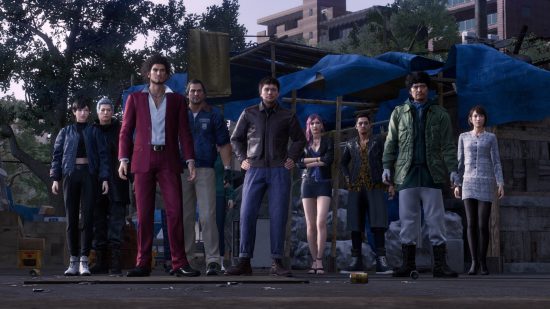
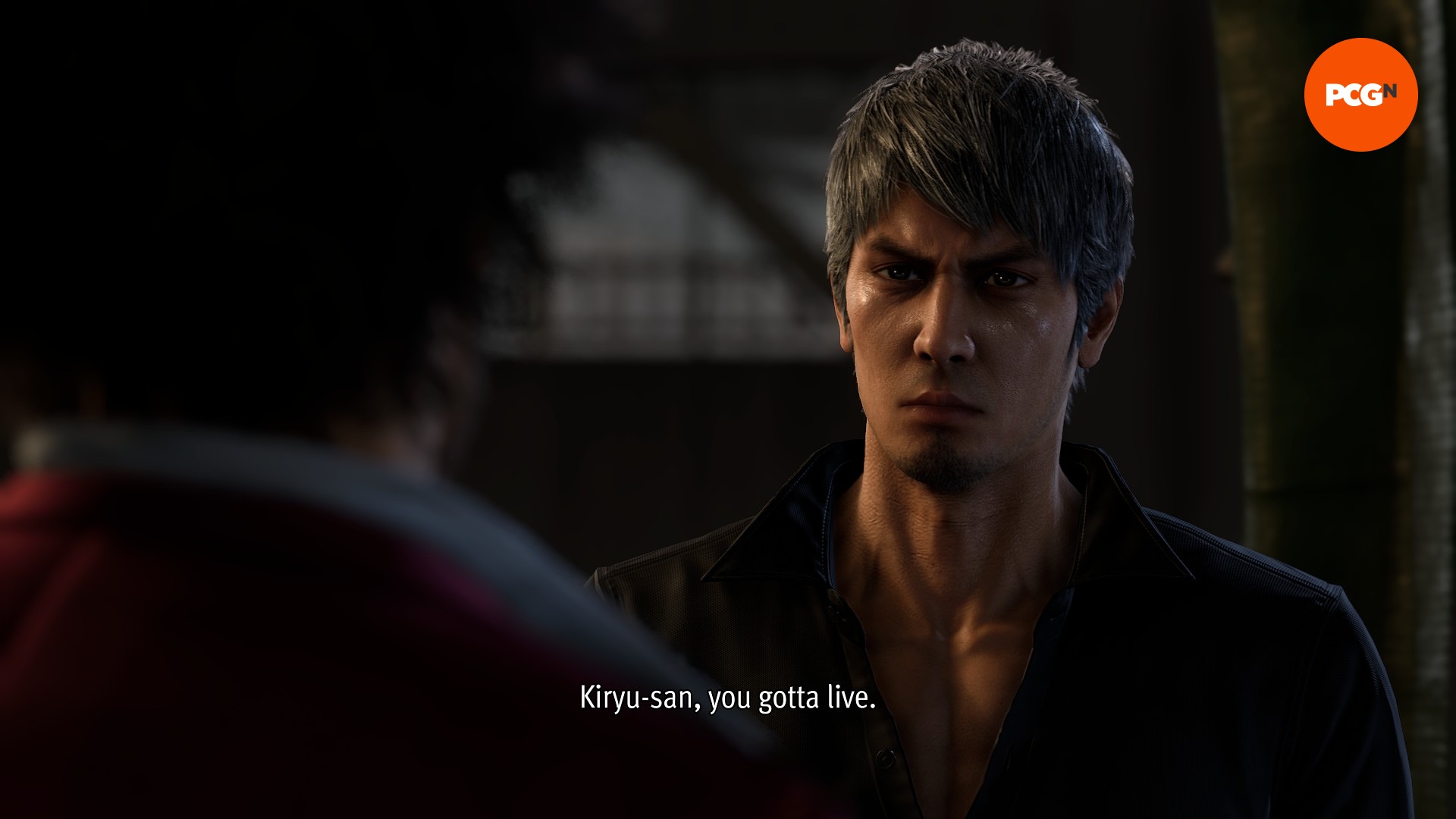
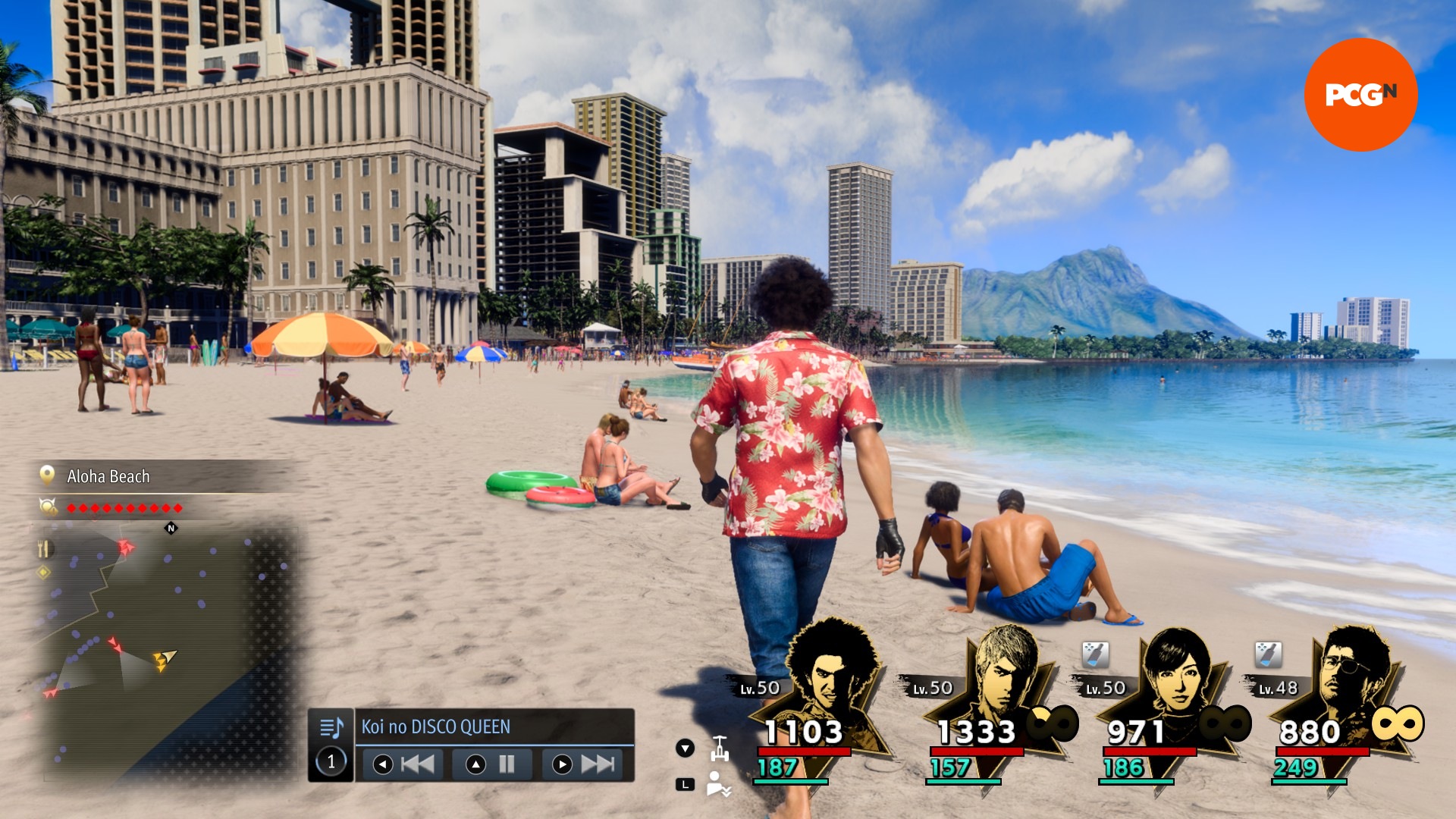
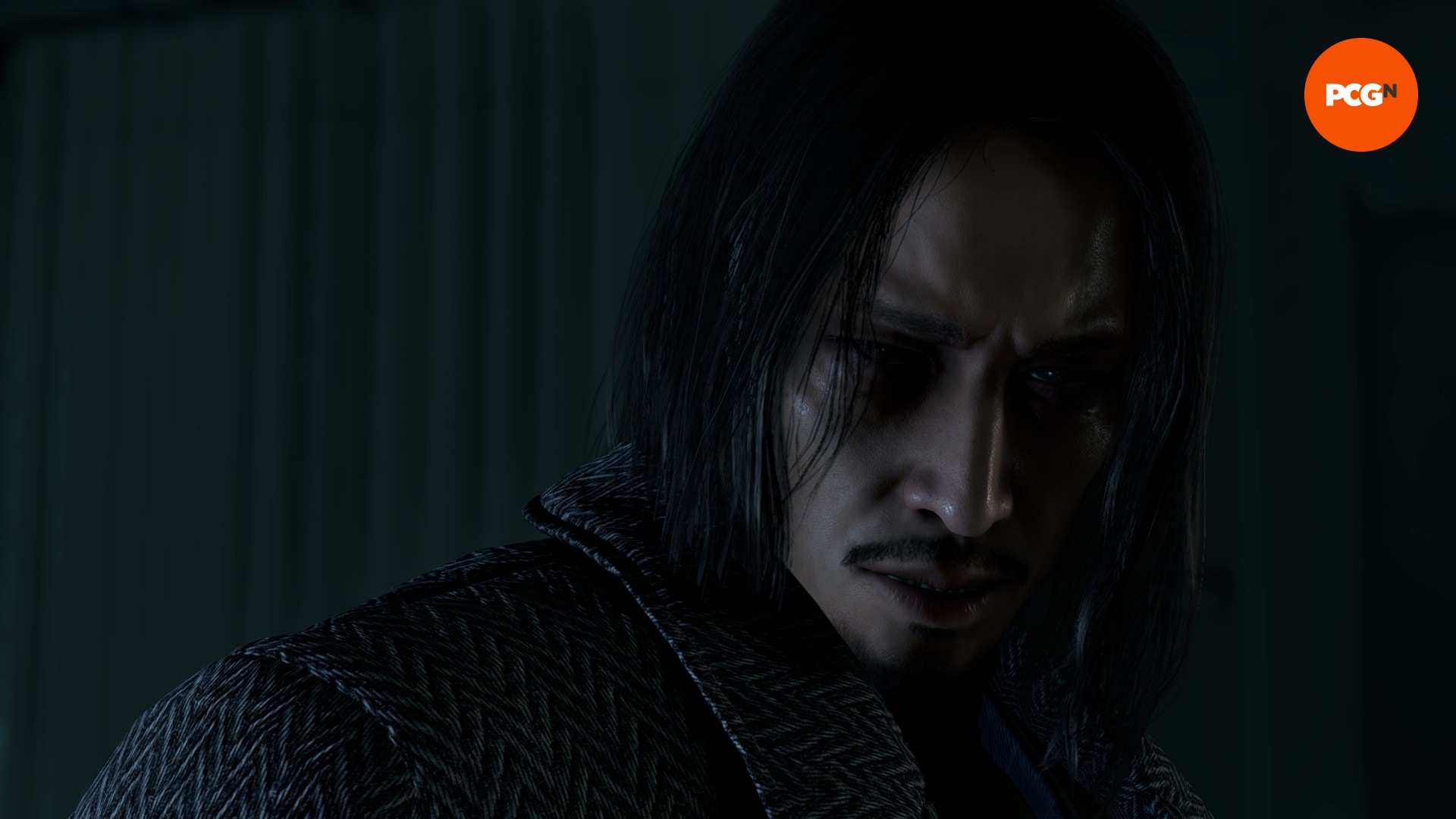
![like-a-dragon-infinite-wealth-combo Ichiban and Kiryu team up for a Combo Attack, with Kiryu delivering a flying kick.]](jpg/like-a-dragon-infinite-wealth-combo.jpg)
